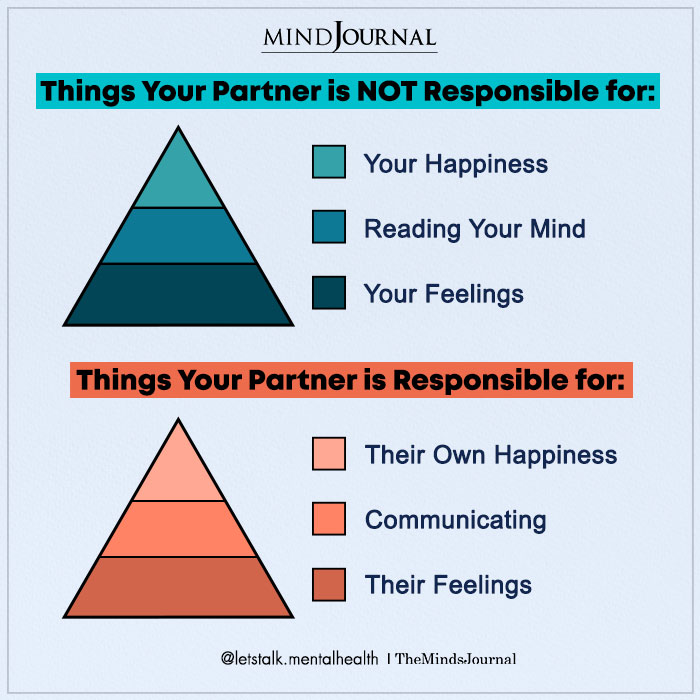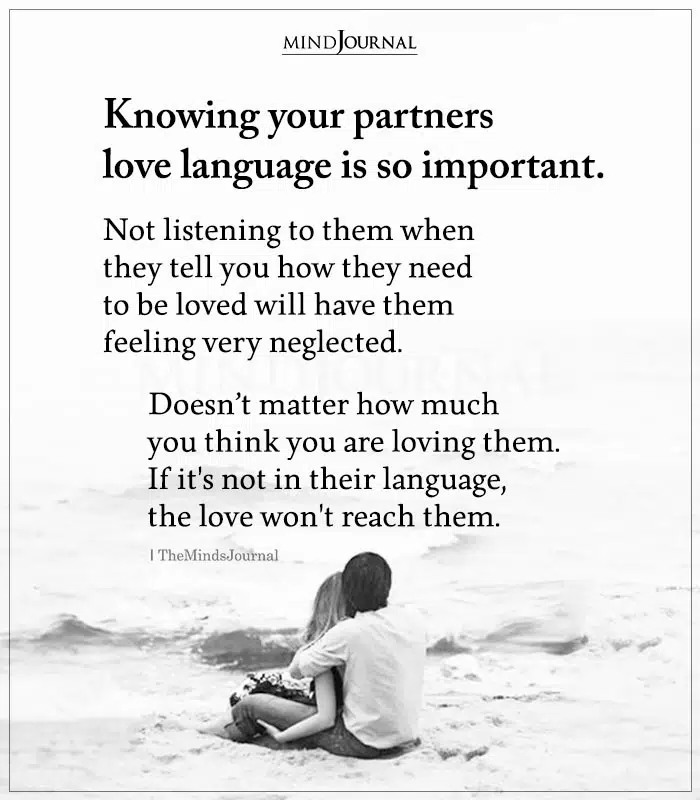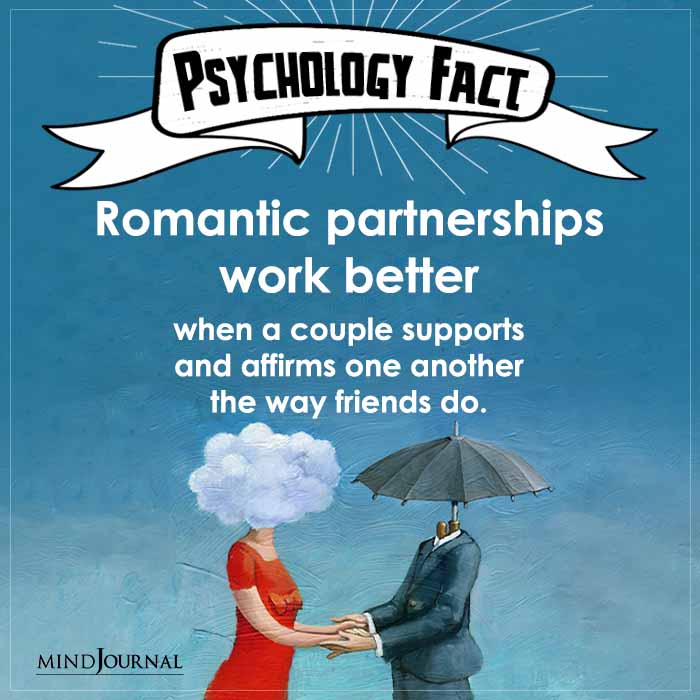Are you unhappy in your relationship? What if you are sabotaging your relationship? Read on to know the 6 relationship mistakes and how to avoid them.
Leo Tolstoy famously said, “All happy families are alike; each unhappy family is unhappy in its own way.” Unhappy couples often believe this. They get sucked into the story of their unhappiness and get lost in the details of their hurts and complaints.
Your relationship may feel uniquely infuriating or painful.
In truth, most unhappy couples are unhappy in similar ways. The ways we try to protect ourselves from hurt, blame, or embarrassment doesn’t vary that much from person to person.
Here are six ways you or your partner might be sabotaging your relationship
and what to do instead.
1. YOU’D RATHER BE “RIGHT” THAN HAPPY.
My first job after college was showing apartments for a successful real estate broker in NYC. The secret to his success, he confided, was his motto, “You may be dead right, but you’re still dead.”
I have repeated this line countless times since I first heard it.
Years ago, a friend decided to move in with her packrat boyfriend. On moving day, she arrived at his apartment with her few belongings and saw that he hadn’t created any space for her things. She burst into tears and accused, “You haven’t made any space for me in your home or life. You never take me into account!”
He responded, “That’s crazy. I’ve been getting rid of things all week. It’s never enough for you. I can’t win!” She grabbed a movie stub from The Road to Perdition sitting on a nearby shelf and said, “Why are you keeping this? We saw this movie years ago. You hated this movie!” He countered, “I want to remember how much I hated that movie!”
Oh, how we love to be right! When we’re upset, we want to gather evidence, show that this offense is a pattern, and be proven that we are right and our partner is wrong.
The truth is, it’s pretty rare that there is only one “right” in any particular situation. There are two subjective truths in every relationship– yours and your partner’s. Consistently valuing your “truth” over theirs will not get you the closeness and trust you want in your relationship.
Instead of going on the attack, state how you feel, what you imagine is going on, and what you need. Then allow your partner to do the same. After a cooling-off period, my friend said, “I’m feeling pretty upset that there isn’t more room for my things. It’s like you haven’t thought much about how we’re going to live together, and that’s hurtful. For me to feel comfortable here, I need to be able to settle in and get organized, and that means I need you to clear out more of your stuff.”
Her partner confessed that he was overwhelmed at the thought of pruning and reorganizing his entire house, and asked that they tackle this project together. They married soon afterward.

Also read How To Make Your Wife Happy: 5 Things You Can Do Right Now
2. YOU EXPECT YOUR APOLOGY TO MAKE THINGS BETTER INSTANTLY.
My daughter once head-butted her brother in the face during an overly enthusiastic pillow fight. When he came to find me, in tears, nose, and mouth bleeding, she trailed him into the kitchen, insisting, “I said I’m sorry! But he won’t listen!” With adults, as with children, we need to give people a minute to stop the bleeding.
Let’s say you messed up. You broke a commitment, you said something hurtful, or you over-reacted. Now you want to make things better, so you swallow your defensiveness, go to your partner and say, “I’m sorry.” But instead of responding with forgiveness, they start to launch into the reasons they are still upset. To you, this feels punishing, rejecting, and unfair.
Two things are happening here:
1. Your partner can’t accept your apology until they feel you see the offense from their perspective. They need to know that you understand all the reasons they are hurt before they can move on.
2. Their nervous system is still agitated, and it will take a minute, or much longer, depending on what happened, for this to work through their system. You need to give them time to allow this to happen.
After an apology, allow your partner to articulate what the incident meant to them. Repeat what they say back to them, in your own words, so they know that you really “get it.” Ask questions if something seems unclear. Don’t make excuses or try to put into context what was going on with you until they truly feel heard, and only then, if it seems crucial to do so. Most of the time, it’s better to listen, try to do better next time, and move on.
Also read 10 Psychological Signs Someone Truly Misses You
3. YOU GET MAD AT YOUR PARTNER FOR GETTING ANGRY WITH YOU.
This usually looks one of three ways:
1. Your partner is upset and tells you why, which hurts your feelings so much that they end up comforting you.
2. Your partner tells you they’re upset, and instead of dealing with the matter at hand, you pivot to complaining about how they expressed their feelings.
3. Your partner is upset, and you launch into something they did, which you insist is much worse, and that you’re the one who deserves the apology.
These are all very effective ways to derail any constructive or healing conversation.
I’m going to be blunt: If you’re doing this, you need to knock it off. This is corrosive behavior and not a way to operate in an adult relationship.
If your partner attacks you when they’re upset, gives you the silent treatment, or insists nothing is wrong when clearly something is amiss, that is very problematic and demands a separate conversation. But too often, I see this kind of deflection and blame-shifting even when the partner expressing the concern does so in an appropriate way.
Instead, try curiosity rather than defensiveness. It’s tough to hang in and keep listening instead of launching into defense mode, but that is precisely what mature relationships require us to do. Do your best to slow the conversation down, take several beats before you react, and make sure you understand what the problem is before sharing your response.
If you don’t get it, ask neutral questions until you can reflect your partner’s concern to show you understand. Then ask what you can do to repair the issue, and apologize. Bonus points if you ask, “Is there anything else I’m missing” before you end the conversation.

4. YOU’D RATHER FIGHT THAN ASK FOR WHAT YOU WANT
We over-communicate once we’re upset and under-communicate beforehand. It often seems we’d rather be disappointed and angry after an incident than be vulnerable and set expectations ahead of time.
This can be as simple as asking your partner to check in with you periodically at a social event you’re worried about, or as complicated as saying what you’d like your life to look like in five years.
Asking for what we need often feels nakedly vulnerable. We don’t want to look “needy” or insecure. Even if it reveals neediness or insecurity, Anger can feel empowering and energizing at the moment but erodes our relationships over time.
In a healthy relationship, your partner wants you to be happy. If that isn’t the case, you need to reevaluate whether you want to be with this person. I often hear, “But he should know what I want,” or, “I don’t want to have to tell her every single thing.”
This mindset leads to years of resentment and unhappiness that can easily be avoided through up-front, clear communication.
5. YOU AREN’T LISTENING TO YOUR PARTNER’S WORDS.
Here’s how this often looks in my therapy practice: For months or even years, your partner tells you they’re unhappy in your relationship, they feel unsupported by you, and feel disconnected from you emotionally. They might layout specific things they want from you, ask for more of your time and attention, or even see a couple’s therapist.
You resist their assessment. When they seem really upset, you grudgingly promise to do your best going forward. Maybe you do make some small adjustments, and things seem a little better to you. You don’t make much of an effort, but tell yourself that it’s unfair of them to make demands. This is just how you are, and anyway, they don’t seem that unhappy day to day.
Then one day, your partner announces that they’re leaving, they’ve given up that things can be meaningfully improved, and now there’s nothing you can do to change their minds. You are shocked.
Sadly, you didn’t listen to their words.
This also happens when we can’t accept that our partner doesn’t want something important to us. Years ago, I worked with a couple deadlocked around whether to have children. Every few months, the wife would start a conversation asking whether her husband was ready to have kids. He would say, “I don’t want kids.” She would ask, “Ever?” and he would say, “I don’t know about ever,” “but I don’t want them now.”
Through our work together, we realized that when she heard, “I don’t want them now,” she thought it meant, “Not now, but maybe in a few months.” If fact, he meant, “If I get struck by lightning, and become a completely different person, I might change my mind and want kids.”
Once this was clear to the wife, she was able to see that her real choice was to stay in this relationship and give up the dream of having kids or leave the relationship to find a partner whose vision of the future more closely aligned with her own. She left.

Also read Soulmate Myths That Will Help You Find Your Soulmate
6. YOU THINK ARTICLES LIKE THIS ONLY APPLY TO YOUR PARTNER, NOT TO YOU.
It’s tempting to focus on our partner’s mistakes and ignore or minimize our faults or unkind behavior. Don’t fall into this trap. Go through each mistake here and sit with your discomfort. Better yet, so this assessment with your partner. You can come clean to yourself and each other. You can create a new template for how you both show in your relationship, and get on the path to creating the closeness you want.
Please share this article with anyone who you may think will find it valuable and helpful.
Written by: Tonya Lester, LCSW
Originally appeared on: Tonyalester.com
Republished with permission









Leave a Reply
You must be logged in to post a comment.